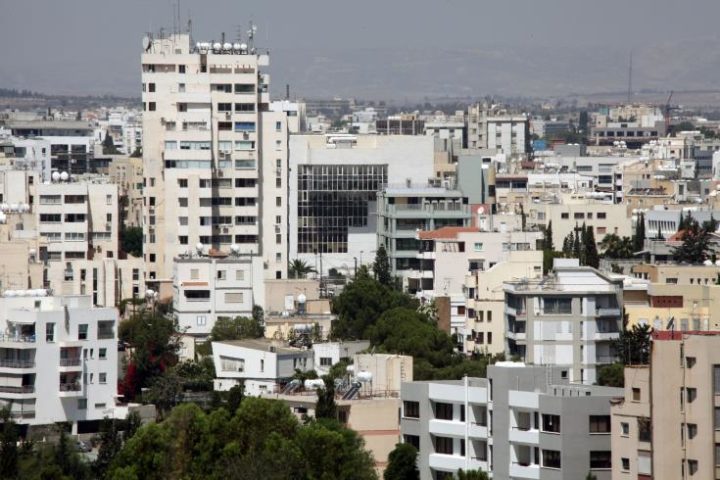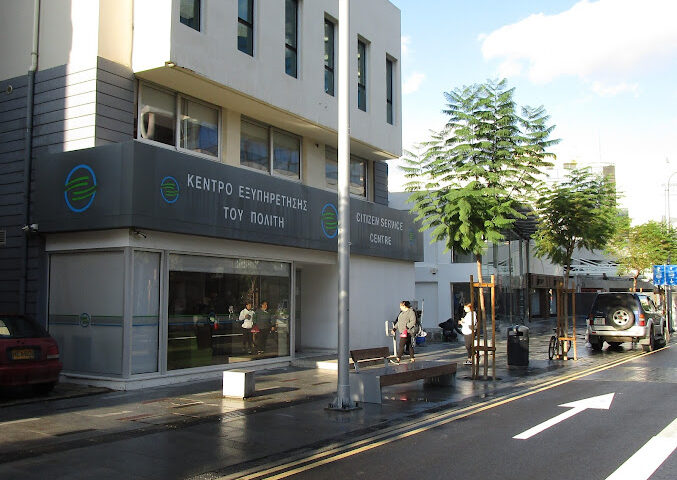There should be a clarification on what is considered loss of property use and rental compensation for it.
The subject came up in court cases where our office was an expert witness. In some cases, the courts decided that notwithstanding the government’s illegal occupation of the property for over 20-30 years, the registered owners should be compensated as if the property is let, and the compensation should be based on the rental income lost.
Our position is that the occupation of a property that was illegal and for so long, the owners actually lost their property in terms of free use and exploitation and should therefore be compensated on a loss of use basis since the occupation was open-ended with no release of the property in sight.
It is one thing to let one’s property for a specific period with the necessary terms (mode of payment, increases in rental income) and another if the owner cannot use the property for such long periods.
One case was raised by the European Court of Justice against Turkey occupying a property for a very long time (approximately 30 years) and ordered the Turkish government to pay compensation to the owner at 5% based on its market value (plus interest) until it was released (Titina Loizidou’s case). So, in addition to being logical, our approach is based on these (and similar) decisions.
The difference between District Court decisions and our approach is significant.
This is particularly so when we refer to land which falls within development zones.
In one of the cases, the land office approach was based on land lets for crop use yearly, which was let for €1.0/sq.m. Based on our approach, it should have been €5.0/sq.m.
Similarly, suppose one is to let, say, a plot for the neighbour to occupy as open-air parking for the house. In that case, the owner may even not bother to ask for rent, but if the same neighbour was to ask the owner to let him use the same plot for 30 years and without an agreement for release/termination of the occupation, could he accept a nominal or no rent?
Again, I say, definitely not.
Our approach, in most cases, was not accepted by the courts that took the land office approach.
However, the compensation payable (based on this approach) would be next to nothing for the refugees who were deprived of their properties occupied by the Turkish army.
In another case, the owner of a farm (orchard) in the Paphos District extending over 200 donums came under a compulsory acquisition order to construct a water dam.
The owner/ business provided audited accounts duly approved by the Tax Authority declaring an annual income of €250,000 and on the up (as the orchard matured).
The land office based its approach for compensation on how much such scale (1-4 donums) orchards were let and offered the owner €450,000.
We argued in court that a business with an annual income of €250,000 surely was worth more than €450,000, and we submitted a claim for at least €1 mln.
We submitted literature on the subject and reports by the Ministry of Agriculture.
In this case, we won the argument, and our client received more than €1 mln in compensation.
In another case, our client owned a beach property, but a strip of land between it and the road blocked its access.
Because the strip was under expropriation, the owner could not secure even a right of way, preventing his plot from any development.
We argued that the expropriation existed for 20 years, and thus our client could not use his property for any use (this was a plot within the tourist zone at Ayia Napa).
We lost this case, and the client has a loss of use of his property.
In another case in the Larnaca District, the land office used comparative sales in other locations (40-50 km away) to support its approach on the property’s value.
The comparables referred to by the land office were in the Limassol District, and the under-valuation plot in Ormidhia village (unrelated) and the comparable Limassol plots were development zone land, whereas the Ormidhia plot was agricultural.
After a long court battle, we won, but why should the clients go through all the troubles to prove something self-evident?
I often wonder how a judge can decide on a case faced with such opposing views by expert witnesses.
Yes, we appreciate that the two sides have their interest at heart, but there should be some professionalism in their approach.
There are all sorts of opinions on such matters, and sometimes I wonder if a judge is called upon to offer a Solomonic decision.
In contrast, it is notable that property owners get a bit “greedy” for compensation, ignoring their advocates and other expert evidence.
During the 42 years of our office, we have come across all sorts of decisions and claims.
On the whole, I believe that our judges have a high level of knowledge and understanding, and it is one of the few institutions that still keeps a high standard protecting the public.
They are also human and make mistakes or difficult decisions whether we like it or not.
Antonis Loizou Real Estate Valuer, Property Consultant & Estate Agent










